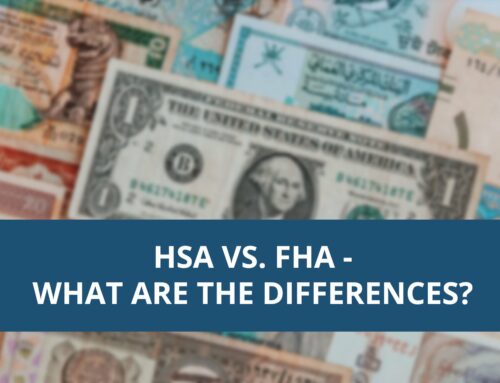Pay Equity Translated for the Common Employer
Equal Pay Laws are often overlooked and ignored by good people, who think they’re treating employees fairly. The reality of employer compliance is really much more complex.
Across the United States, there are 24 different types of legal provisions on Equal Pay that establish the who, what, when, why, and how of complying with this topic – according to a study by the American Association of University Women.
To give you a sense of what these are, we’ve grouped and translated the most prominent of these broad trends into human-speak, for easier understanding:
Don’t do bad things
In Equal Pay terms, this is more than a simple reminder to be nice and fair. It includes expanded definitions of who’s a protected class, prohibits you from asking about or using someone’s salary history, and says “no” to any attempts at stopping employees from discussing wages and comparing notes. Also, no one has to prove that you did anything bad intentionally, just that a certain situation occurred.
These excuses won’t fly anymore
You won’t be able to go your own way and avoid trouble by claiming that you and your employee agreed on a pay rate if that agreement created a violation of Equal Pay Laws. And the reasons you’re paying people differently, they’re legally narrowed as well, and very specific. Your best judgment call and even citing market wage pressures, might not be enough to protect you from a claim.
Apples are the new oranges
Flexible work assignments, different departments, and job roles on their own won’t always be enough to justify why employees are paid differently. We’re starting to see the introduction of definitions like “comparable character” that require you to assess the relative worth and contribution of jobs across the organization. These can reveal substantial pay compliance gaps hiding in plain sight.
It’s easier to make your point
Many Equal Pay Laws include the right to sue an employer directly as an option instead of relying on the State. Others allow for small group and class actions to be formed and some even reset the clock to make sure each repeated violation stands on its own and really adds up.
The point is much sharper than before
Many states have specified the formulas for extracting damages, so it’s clearer how much money is at stake. If you’re successfully sued under some Equal Pay Laws, you could be liable to pay direct damages to your employees, along with their costs and attorney fees. If you’re found to have multiple violations, there’s often an additional penalty scale on top of that.
Updated Pay Equity Laws are constantly shifting, introducing new and specific definitions of fairness and doing away with long-standing practices and assumptions of what’s fair.
Don’t go it alone
Get the outside perspective and expertise you need to demonstrate you’re compliant, and clear with your employees about the how and why behind how they’re paid. Contact Vantage Point HR for an HR Audit or Equal Pay Audit today.







